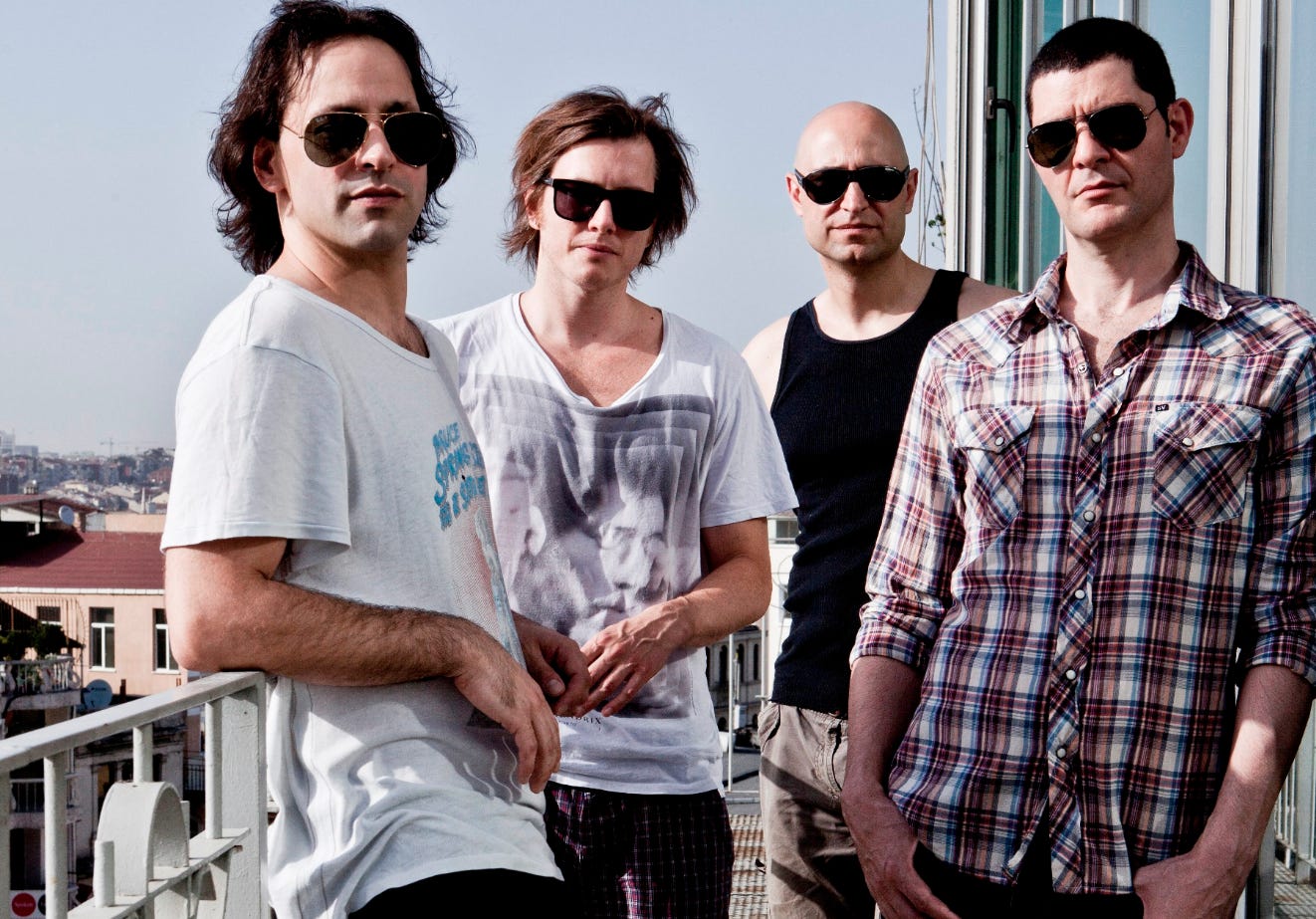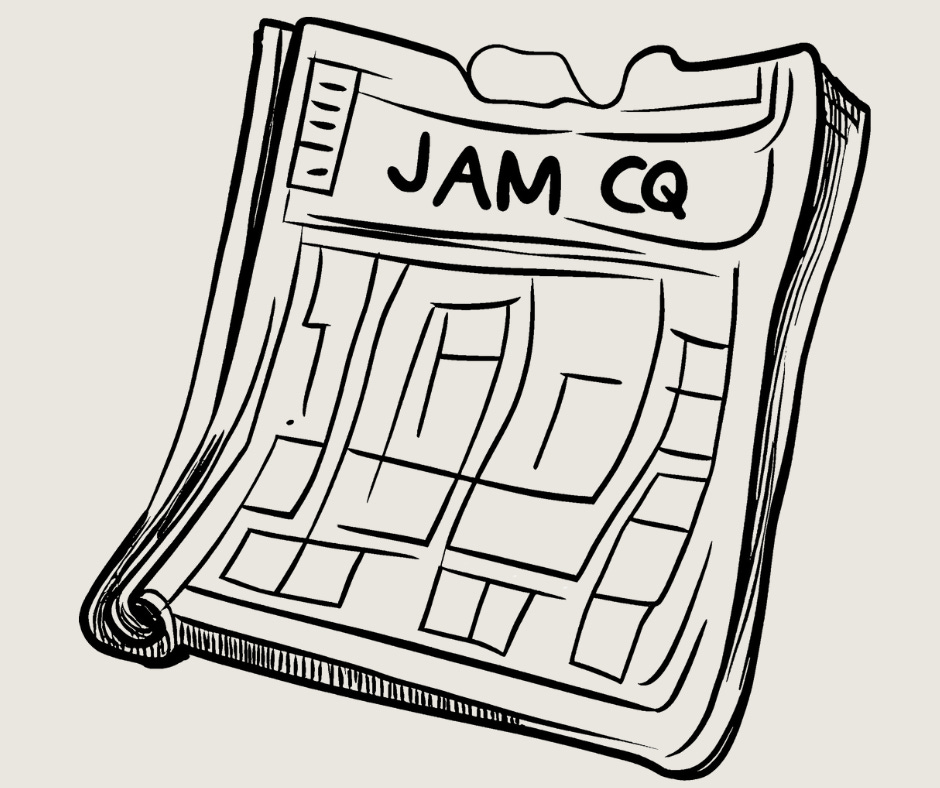Turks. A Culture of Defiance.
Turkey is full of surprises for most Western visitors, but its most compelling and unexpected one is its culture of resistance.

One of my favorite ways to surprise Americans when we talk about Turkey is to let them listen to Duman, a Turkish rock band founded in 1999. My favorite song from them, “Senden Daha Güzel,” is a headbanging melody that resonates even more deeply when you’re a bit buzzed, and it makes Americans question every assumption they hold about the country. And they absolutely should. As a nation where the majority of the people are Muslim, Turks defy many stereotypes people associate with Muslim culture, defining their identity with their own rhythm. Perhaps this culture of defiance has beckoned them to protest en masse against the authoritarian leader in their country who refuses to relinquish his grip on power.
I lived in Turkey (or Türkiye as it is now officially called) a little over ten years ago, and I’ll never forget when the Gezi Park protests ignited in 2013. I stood in Taksim Square, the heart of Istanbul, and watched defiance transform an entire city. Seas of people flooded the streets. They turned the roads unrecognizable by plastering walls with messages of resistance, covering the Starbucks in the square with graffiti, and filling the air with tear gas and determination. People from all walks of life poured in, uniting against President Recep Tayyip Erdoğan and his government’s steady erosion of democratic freedoms.
The Gezi Park protests didn’t last just one day of rage—they stretched on for weeks as people camped out in the streets. Protesters knew the risks: arrests, crackdowns, losing their jobs, even physical harm. Yet day after day, they returned, believing it was their sacred duty to stand up for their democracy. I’ll always remember watching people on the side streets pour milk in their eyes to relieve the sting of tear gas, then head right back out.
Want More Content Like This?



In the years since, Erdoğan has clamped down harshly. Arrests, intimidation, and oppression have become commonplace. Protests shrank in size and frequency, giving way to a grim quiet that felt like resignation. Elections came and went, and irregularities and questionable outcomes marked each one. Erdoğan consolidated power, changed laws to extend his rule, diminished the judiciary’s independence, and silenced dissenters.
Despite everything, Turks never ceased to amaze me by continuing to show up and vote. Even when the outcome seemed predetermined, even when it felt pointless, they persisted. Each ballot felt like a small yet powerful act of resistance—a refusal to quietly surrender their democracy.
The arrest of Istanbul’s mayor, Ekrem İmamoğlu, sparked this recent wave of protests. It reminds me of the spirit I first witnessed at Gezi Park and in the grungy Taksim clubs while I banged my head to Duman—a spirit that refuses to die. It reveals the extraordinary resilience of people who, despite two decades of growing authoritarianism, continue to rise up and say, “Enough.”
As an American who watches our own democracy face threats from within, I feel inspired when I witness the tireless bravery of the Turkish people.
I draw that inspiration not only from their commitment to democracy but also from my respect for their culture of defiance.
Turks are Muslims who take pride in their Rakı and Efes—the most famous liquor and beer in the country. They are Muslims whose women step on their husbands’ feet during wedding ceremonies to assert their authority in the home. They are Muslims who frequently remind Americans that their country’s short history already included a woman president. They are Muslims whose clubs—bombed and attacked in the past—still pack in people eager to bang their heads to rock music.
They have chosen their own path and their own way of religious practice, and they remain determined to choose their own democratic future. When I see the resilience and unyielding hope in these Turkish protesters’ eyes, I think: this is what democracy means. This is what it means to never surrender. Americans could probably use a little more of that defiant culture. The Turkish fight reminds us all that democracy isn’t something handed to us—it’s something we continually earn and protect, no matter the cost.
You’re now more cultured because…
…you now understand that Turkish culture is dynamic and unique to the region.
Help Us Reach Our Subscriber Goals. 1,000 Strong.
We really want to hit 1000, subscribers (free or paid) and would love your help getting there.
Refer three friends and get one month for free.
Or, help us grow and gift a subscription to a friend.
Follow us on Instagram and LinkedIn: Connect with us for regular updates, behind-the-scenes snippets, and all the global savvy you crave.







